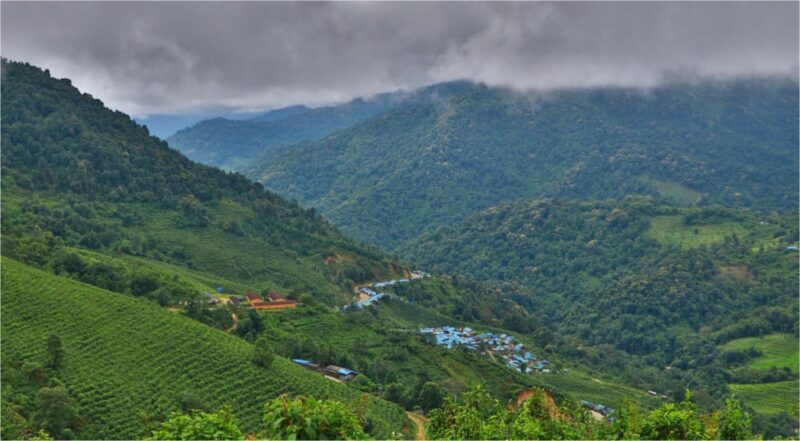
December 5, 2022 / Academy of International Affairs NRW (Nordrhein-Westfälische Akademie für Internationale Politik), Bonn, Germany
One-day workshop explored border fragility and resilience using the foresight framework, whereby each participant had to apply the methodology to future border threats in their respective border region.
On December 5, 2022, Karin Dean, a senior researcher from Tallinn University and the leader of the Eur-Asian Border Lab, attended a workshop on “Bordering on Disorder: Fragile Borders in a Global World” at Academy of International Affairs NRW (AIA NRW), Bonn. The event was organized by Professor Todd Hataley from the School of Justice and Community Development at Fleming College in Canada and Professor Cristian Leuprecht from the Royal Military College of Canada.
The purpose of the workshop was to apply foresight modeling to anticipate challenges to border security and build possible scenarios for selected border regions across the world. The scholars invited to the workshop prepared presentations following the guidelines and drawing on framework foresight methodology by Andy Hines and Peter C. Bishop (2013). This methodology offers a systematic way to develop a ‘‘start-to-finish’’ future view of a domain or topic of interest and to explore its implications.
At the workshop, each scholar presented on the challenges that might arise in the selected border regions. They introduced possible scenarios that might play out as a result of those challenges in the next 10-15 years, and how those challenges could be mitigated through policy change. The borderlands examined included those between the US and Canada, Norway and Russia, Finland and Russia, the EU internal borders, the Brazilian tri-junction, borders in Sahel, China’s borders with Southeast Asia, and maritime boundaries in Oceania between Australia and New Zealand.
The workshop conveners believe that it is important to anticipate future developments in order to be better prepared. In Todd Hataley’s words, “as border scholars we spend much of our time looking into the past to give us a picture of the present. Extending our view of the past with a vision of the future is the goal of this workshop.” Tapping the knowledge and insights produced on the contemporary borders worldwide and applying this to anticipate the (often troubled) futures helps to search policy solutions already today.
Karin Dean said that it was refreshing, although tough, to project the past trends in the geopolitically significant China-Myanmar borderlands—that she has researched for 20 years—into the future. Following this methodology, she identified the constants, the drivers for change and the possible wildcards that could lead to different scenarios—those characterized by continuity, or the desirable, catastrophic or disruptive alternatives. She also saw strong parallels transcending regions, often in unexpected locations—for example between the dynamics of local population’s interaction with non-state actors in the Sahel region in North Africa and China-Southeast Asian borderlands.
More detailed information about the events and its program is available here: https://www.aia-nrw.org/en/e/bordering-on-disorder-fragile-borders-in-a-global-world/